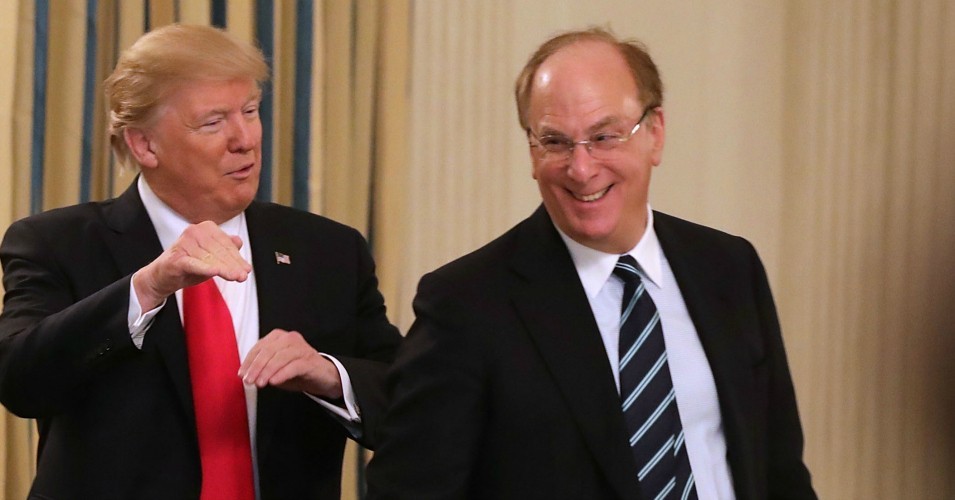By Alexi Jenkins/Common Dreams
On August 20th, in the wake of Black Lives Matter protests around the country, Twitter CEO Jack Dorsey donated $10 million to Boston University’s Center for Antiracist Research. On its face, Dorsey’s donation looks like a demonstration of his commitment to social justice. But Dorsey’s company spent nearly 15 years profiting off of hate speech. And the racist tweets that Twitter peddles have real world consequences; a 2019 NYU study found a connection between hateful tweets and real-life hate crimes. It was only last month that Twitter finally took real action on hate speech – after Dorsey accumulated $8.3 billion in wealth from the platform. Dorsey’s antiracism donation is only one hundredth of a percent of the money that he made by monetizing hateful content.
Donations by the one percent to nonprofit causes have always held a place of reverence in American society. The nonprofit sector is seen as something like the angel on the shoulder of the American body politic, while the for-profit sector is the devil on the other shoulder. American philanthropy is seen as a countervailing force that makes us feel like we live in a generous society.
The reality of the nonprofit sector is nowhere near angelic. The purpose of the nonprofit sector writ large is not to solve social problems, but to perpetuate them. Nonprofits provide political cover for the rich to exploit people as much as possible while minimizing what they are required to invest back into social welfare. Jack Dorsey is allowed to make billions promoting hateful content, so long as he makes a high-profile donation every once in a while.
Posted on August 30, 2020



 President Donald Trump greets BlackRock CEO Larry Fink at the beginning of a policy forum in the State Dining Room at the White House in 2017/Chip Somodevilla, Getty
President Donald Trump greets BlackRock CEO Larry Fink at the beginning of a policy forum in the State Dining Room at the White House in 2017/Chip Somodevilla, Getty